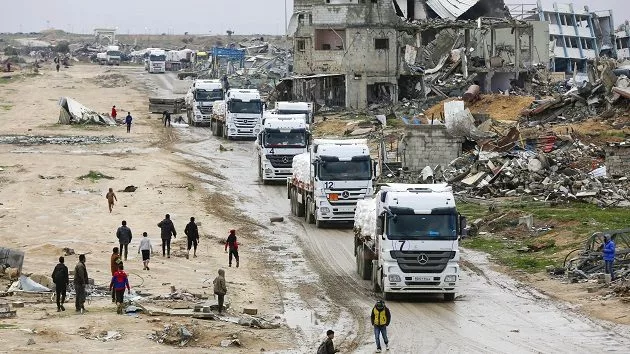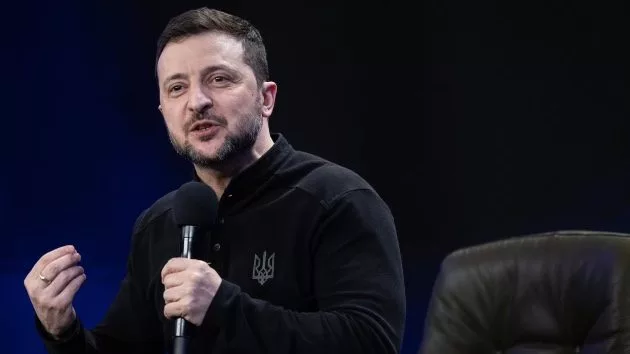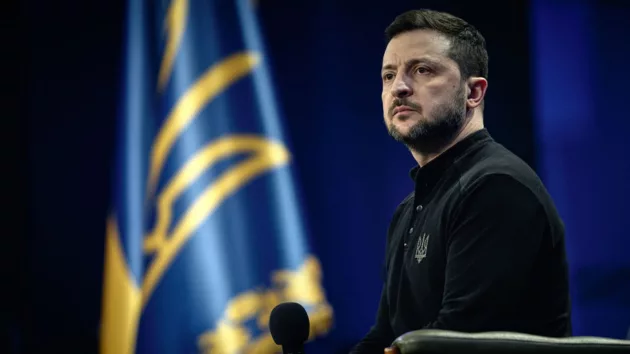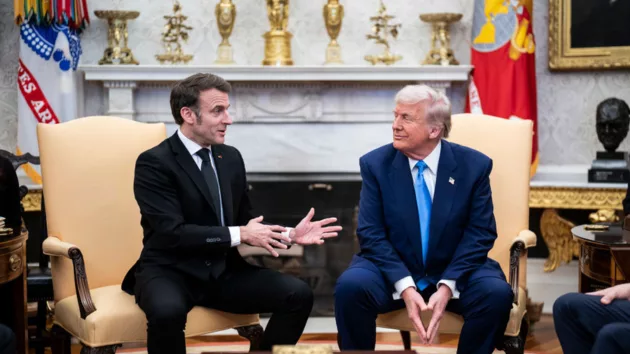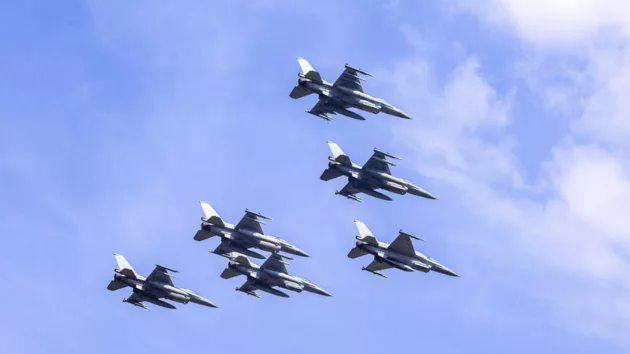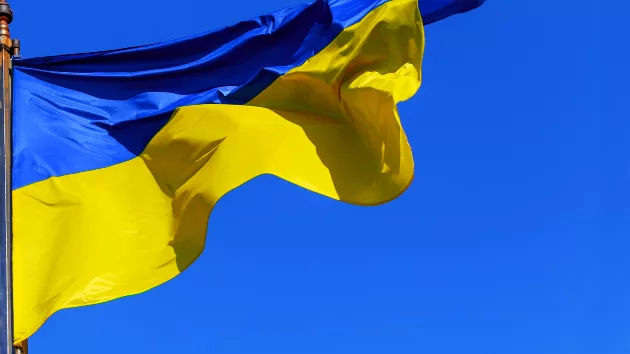
(FASANO, Italy) — G7 leaders on Thursday agreed to lend Ukraine $50 billion this year — backed by profits from frozen Russian assets — to help the country’s war effort and rebuilding.
This plan has been years in the making. It’s a win for President Joe Biden, who has been pushing allies to agree to the deal, amid hesitation from some European countries.
The agreement will be formalized in the communique at the end of the summit.
But there are still key details of the plan the countries need to work out. The U.S. is willing to make a loan of up to $50 billion, though it’s unclear exactly how much the U.S. will end up lending. Other counties will pitch in to share the risk.
“We’re going to move with urgency,” a senior administration official said on a call with reporters.
“Ukraine is still going to have a large financial need next year and beyond and this summit is our best chance to act collectively to close the gap… This agreement is a signal from the leading democracies of the world, that we’re not going to fatigue and defending Ukraine’s freedom and that Putin is not going to outlast us,” the official said.
Officials said that while it will take time for the funds to be disbursed, they do expect the money to begin to be disbursed this calendar year.
Funds will be used for military, budget, humanitarian, and reconstruction support.
When asked by reporters about the risks associated with the loans, the senior administration official said that it can be thought of as a “secured loan” because of the interest that is generated from the Russian assets. The official added that there are scenarios in which the income stream “may not flow,” but noted that reparations could be a solution.
“How are we going to get repaid? Russia pays…the income comes from the interest stream on the immobilized asset,” the official said. “The principal is untouched for now, but we have full optionality to seize the principal later if the political will is there.”
The official added that “if there is a peace settlement, either the assets stay immobilized. And keep generating interest to repay the loans or Russia pays for the damage it’s caused. Either way, there’s a source of repayment.”
When asked how the U.S. overcame pushback from some allies, the official said that the risks of this agreement outweighed the risk of Ukraine falling short on funding to counter Russia’s offensive.
“What’s the alternative? And if Ukraine was insufficiently financed, to win this war, what would be the chilling effect it would cause across Europe and the rest of the world? What would be the signal to autocrats that they can redraw borders by force? Those are the costs, I think we all agreed were unacceptable, and that’s why we acted,” the administration official said.
Copyright © 2024, ABC Audio. All rights reserved.



